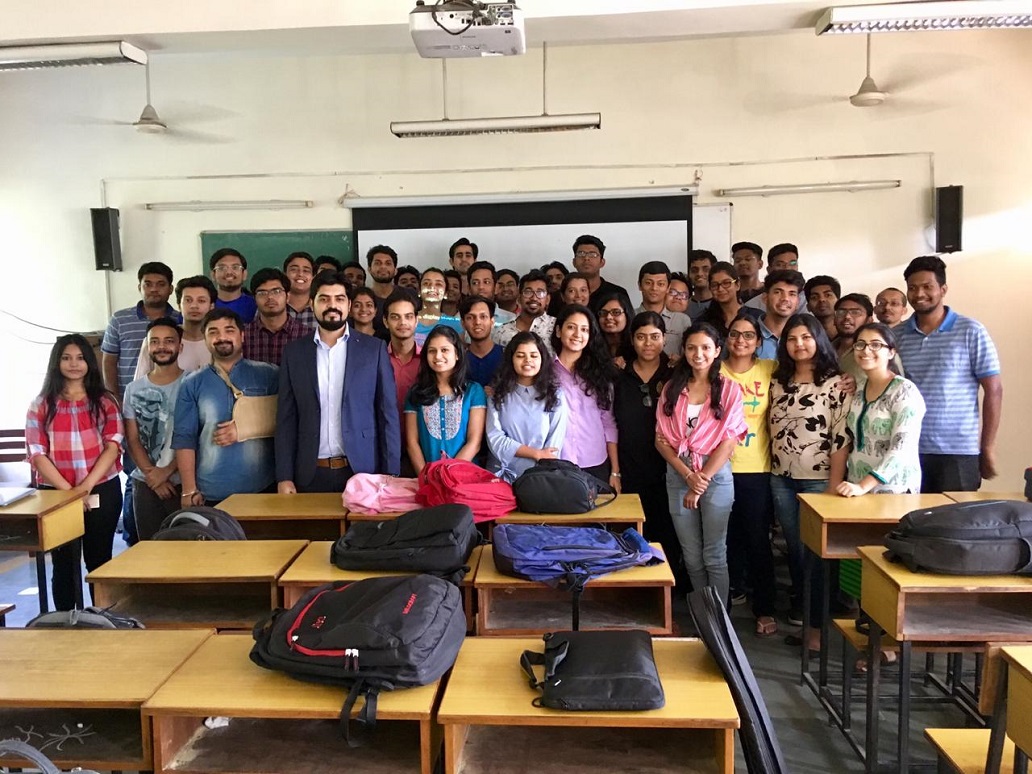- Joined
- Oct 3, 2016
- Messages
- 35,356
- Points
- 113
SINGAPORE - The family that is suspected to have seeded the Covid-19 cluster at Changi Airport Terminal 3 did not arrive on a flight from India.
This is because India has banned all international commercial services to and from Singapore since March last year.
The only passenger flights now operating between the two countries are Vande Bharat (repatriation) flights that operate out of Terminal 1, said Singapore’s transport, foreign affairs and manpower ministries in a joint statement in response to media queries on Sunday (May 23).
These flights that carry passengers both ways are operated by Indian carriers designated by the Indian government, with the approval of the Singapore Government.
At the moment, Singapore Airlines operates only cargo flights to India, the ministries noted.
All that is known so far of the family is that they arrived on a flight from a South Asian country. No other details have been made available.
An average of 25 passengers arrive in Singapore from India on the repatriation flights every day, with the vast majority being returning Singapore citizens and permanent residents.
The flights back to India each day see an average of 180 passengers departing from Singapore.
All arriving passengers at Changi Airport from India are subject to two Covid-19 tests - an antigen rapid test and a polymerase chain reaction test. They are escorted from disembarkation to their dedicated transport to stay-home notice facilities, where they remain for 21 days.
The joint statement comes amid concerns in Singapore over the B1617 coronavirus variant, which was first detected in India.
MORE ON THIS TOPIC
CAAS and CAG did not say which country the family – who arrived in Singapore on April 29 this year and later tested positive – was from.
The T3 cluster has ballooned in the past week to more than 100 people. Test results for the initial batch of airport workers indicate the presence of the B1617 variant.
This is because India has banned all international commercial services to and from Singapore since March last year.
The only passenger flights now operating between the two countries are Vande Bharat (repatriation) flights that operate out of Terminal 1, said Singapore’s transport, foreign affairs and manpower ministries in a joint statement in response to media queries on Sunday (May 23).
These flights that carry passengers both ways are operated by Indian carriers designated by the Indian government, with the approval of the Singapore Government.
At the moment, Singapore Airlines operates only cargo flights to India, the ministries noted.
All that is known so far of the family is that they arrived on a flight from a South Asian country. No other details have been made available.
An average of 25 passengers arrive in Singapore from India on the repatriation flights every day, with the vast majority being returning Singapore citizens and permanent residents.
The flights back to India each day see an average of 180 passengers departing from Singapore.
All arriving passengers at Changi Airport from India are subject to two Covid-19 tests - an antigen rapid test and a polymerase chain reaction test. They are escorted from disembarkation to their dedicated transport to stay-home notice facilities, where they remain for 21 days.
The joint statement comes amid concerns in Singapore over the B1617 coronavirus variant, which was first detected in India.
S'pore's largest active Covid-19 cluster: What went wrong at Changi Airport?
Total of 43 Changi Airport workers have tested positive for Covid-19
The Civil Aviation Authority of Singapore (CAAS) and Changi Airport Group (CAG) said on Friday that preliminary investigations show that the initial transmission for the Terminal 3 (T3) cluster could have occurred through an airport worker who was assisting a family from South Asia.CAAS and CAG did not say which country the family – who arrived in Singapore on April 29 this year and later tested positive – was from.
The T3 cluster has ballooned in the past week to more than 100 people. Test results for the initial batch of airport workers indicate the presence of the B1617 variant.








